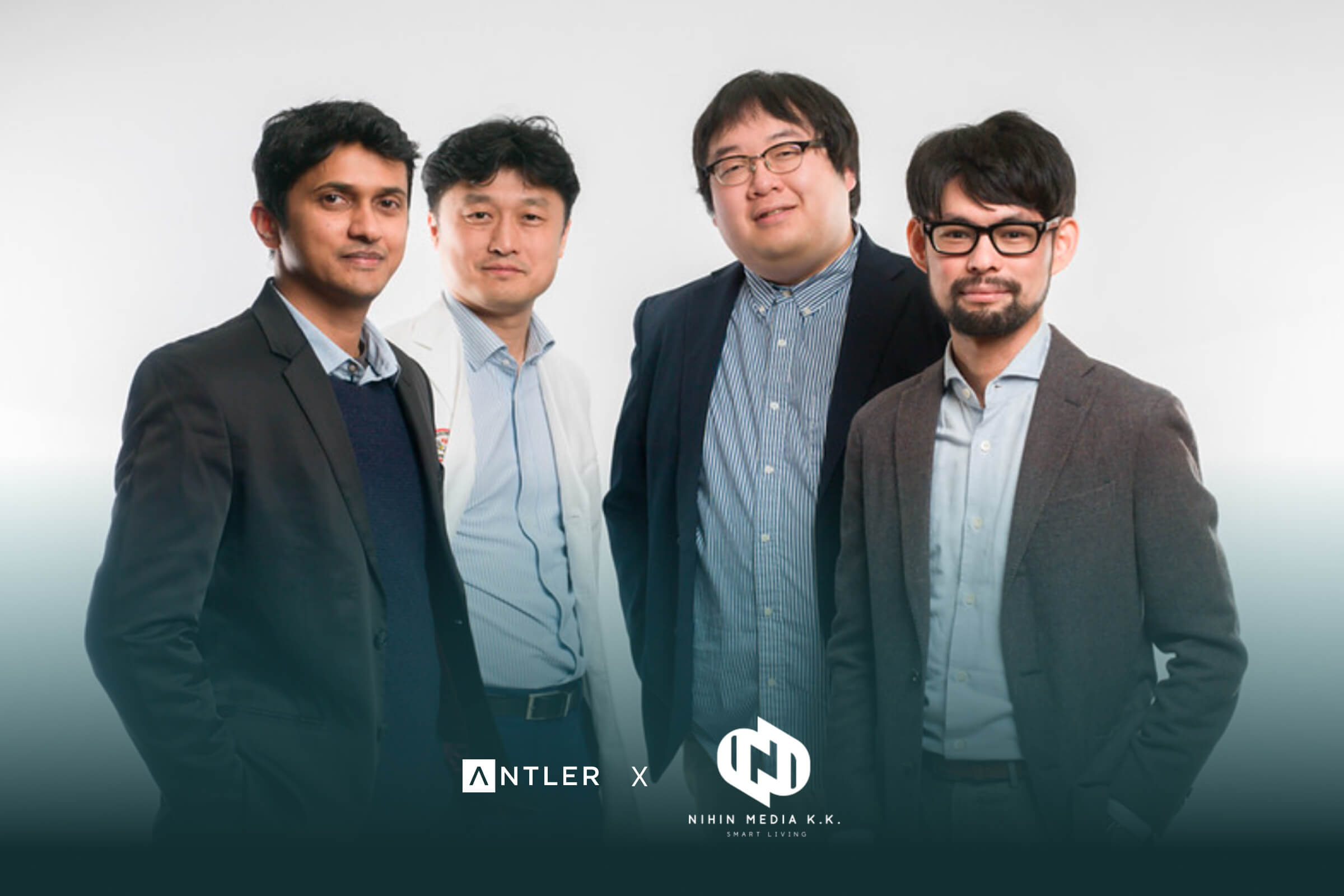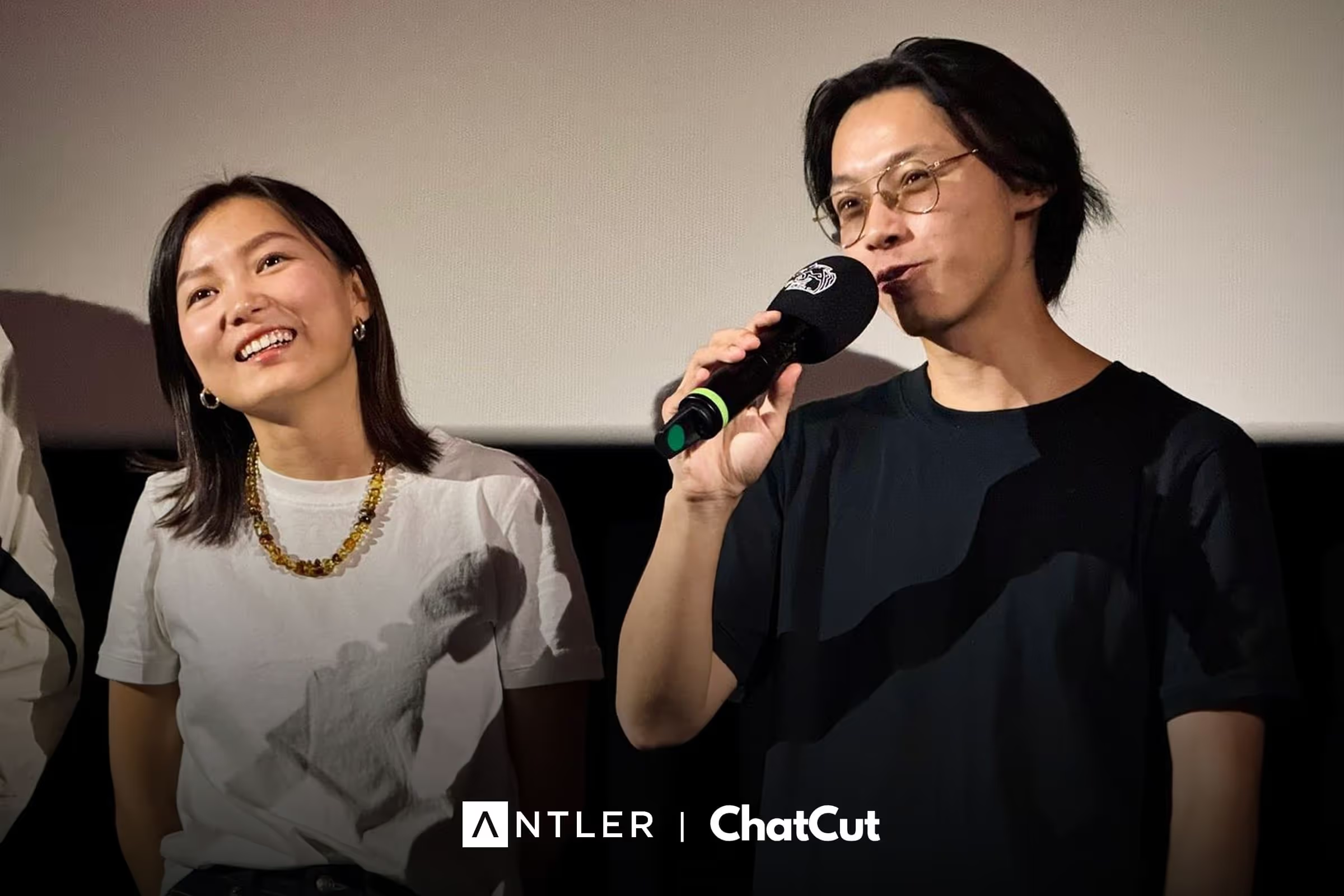Antler recently held a roundtable discussion alongside Women In Product to understand the unique challenges and opportunities that come about while scaling a company in Southeast Asia and the importance of establishing a strong product culture from the earliest stages of company-building.

From Esther Yanglan Wang, Regional Product Manager, Carro; Xuyi Cheng, VP of Product, Lazada; Sophie Jokelson, CMO & Co-Founder, Cove, and James Peacock, Head of Product, Gojek, here's what they had to say.
Build empowered cross-functional teams
According to Esther Yanglang Wang, Regional Product Manager at Carro (Singapore's newest Unicorn), building a cross-functional mindset is the true litmus test for a strong product culture. "From the discovery and design to the building and testing stages, all stakeholders in the company are encouraged to be part of the solution and feel ownership of the product," she says.
While scaling rapidly, Carro has worked hard to ensure that all teams feel knowledgeable about the operational side of product development, not just the tech and product managers, which Wang says helps to ensure that the entire company feels empowered to comment, iterate on and own aspects of the product.
Don't over-invest into a product role too early
For founders at the earliest stages of company-building, it is important to be thoughtful about when you make your first product hire.
According to Sophie Jokelson, CMO and Founder of PropTech startup Cove, one of the mistakes that early-stage startups often make is over-resourcing with a lot of expertise in product management too early.
It's tempting for early-stage founders to start building very complex products and doing a lot of the coding in-house by themselves from the start. It's a lovely thing to do to create a beautiful product, but because at that early stage you are still unsure of product-market-fit and are still developing your MVP, it doesn't make sense to over-invest into a product role until you have real clarity into what your longer-term product roadmap and solution would look like.
— SOPHIE JOKELSON
Instead, the responsibility of shaping product culture in the early days often falls to the CMO, as the objectives of the marketing and product teams become more intrinsically linked as the company grows. "Your role as both a marketer and a product manager is ultimately to shape the overall experience somebody has when they interact with your touch points, be they physical or digital," Jokelson says.
Define or redefine beliefs and objectives as you scale
For more mature companies like Gojek and Lazada, it becomes increasingly important to align objectives across different teams in order to deliver products in a fast and agile way. According to Xuyi Cheng, VP of Product at Lazada, it can get tricky when each functional team may have conflicting KPIs. "The sales team might want to increase revenue, while the marketing team focuses on bringing in more users and the user experience team wants to retain old users. It is so important to align so that everyone is on the same page about what should be prioritized when developing new product features," says Cheng.
Not only does having a strong internal product culture lead to a more efficient building process, it also impacts how the end-users perceive and interact with the product.
Be sensitive to Southeast Asia's cultural fragmentation
In Southeast Asia, it can be difficult to instill an internal team culture where people feel comfortable sharing blunt and open feedback, says James Peacock, Head of Product of Gojek.
Indonesian-headquartered Gojek (which also has big development teams in India and Singapore) has struggled with navigating this cultural environment as it has scaled.
I've found that in this part of the world, it's just not the done thing for people to speak up and voice their concerns. People keep cameras off and stay quiet, and that can make it quite hard for me to do my job effectively. Coming from a Western background, I really care about hearing from developers who are very different from me. If they think something isn't right, they are probably right and I want to know.
— JAMES PEACOCK
When it comes to assembling a team of product-builders and developers, James stresses the importance of hiring inquisitive people who will constantly be questioning why and what they are building.












